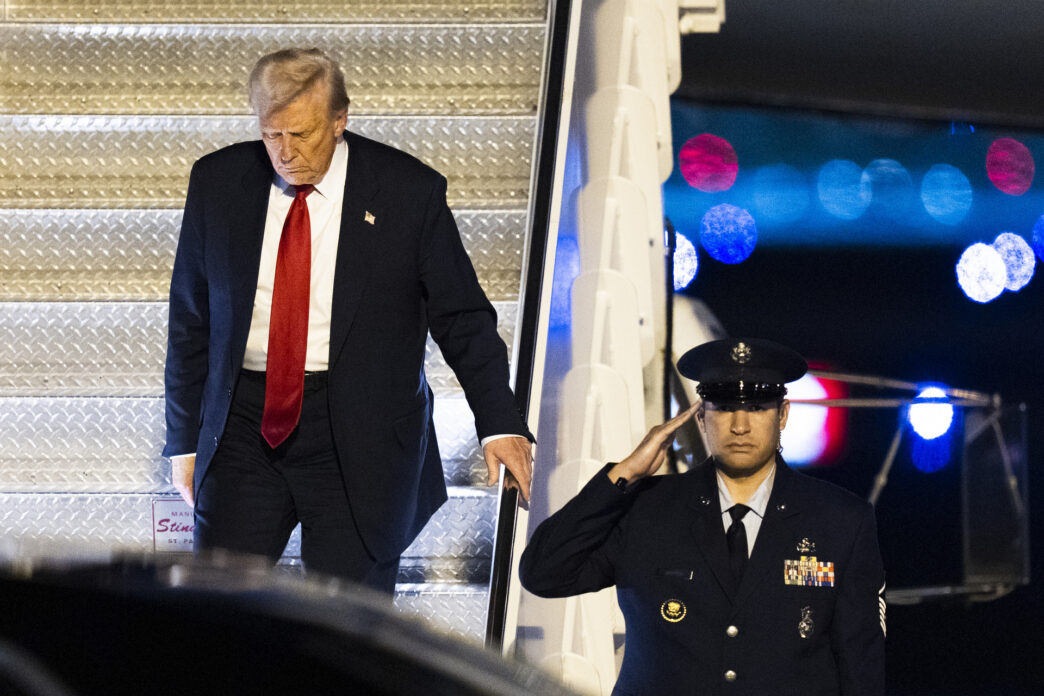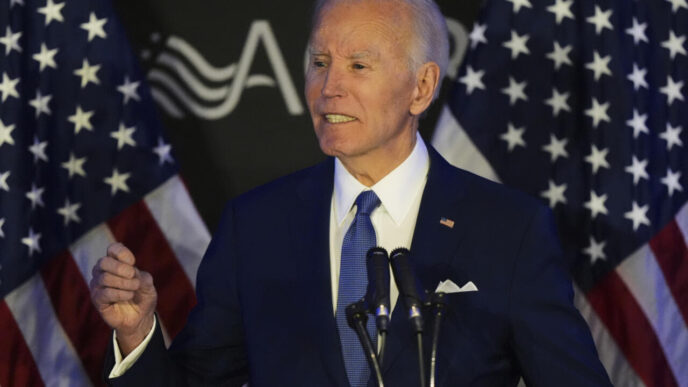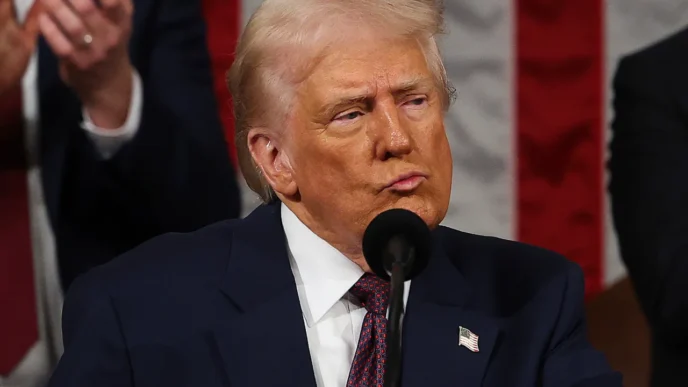In a decision that brought relief to hundreds of thousands, the U.S. District Court has halted a Trump-era plan to revoke the legal status of certain migrants, citing the importance of individual case reviews.
U.S. District Court Judge Indira Talwani issued the ruling on Monday, effectively stopping federal immigration authorities from carrying out mass deportations of migrants from Cuba, Haiti, Nicaragua, and Venezuela.
The court’s decision affects over 500,000 individuals who entered the United States lawfully under a Biden administration program.
Trump’s deportation plan, has resurfaced following this court ruling that suspends the federal government’s earlier announcement demanding self-deportation by April 24.
However, Talwani emphasized that terminating legal protections without reviewing each case undermines justice and fairness.
In her written judgment, she stated, “The early termination, without any case-by-case justification, of legal status for noncitizens who have complied with DHS programs and entered the country lawfully undermines the rule of law.”
This ruling directly challenges efforts to end the immigration parole status given to many migrants under the CHNV program.
The policy was introduced by the Biden administration to promote safer and more structured immigration while discouraging unlawful border crossings.

Moreover, the program allowed individuals from the four listed countries to apply for sponsorship from U.S.-based citizens or residents.
Once approved, they were permitted to fly into the country legally and were granted parole status, allowing them to live and work in the U.S. for two years.
In total, 532,000 people benefited from the CHNV parole initiative.
Biden officials credited the policy for reducing illegal border activity significantly among migrants from those four nations.
Meanwhile, the Trump administration and several Republican-led states criticized the program.
They argued it allowed for broad and unchecked immigration, surpassing the legal scope of federal parole authority.
The Trump deportation plan was aimed at rolling back this Biden-era strategy.
This legal pushback by conservative states led to the recent court challenge, raising concerns about whether such mass parole programs should be allowed to continue.
However, Talwani’s ruling has, for now, reinforced the idea that migrant protection should be evaluated on an individual basis.
In addition, the judge suspended the deportation warning notices that had been distributed to many of the affected migrants.
Officials were also blocked from revoking their legal parole status.













